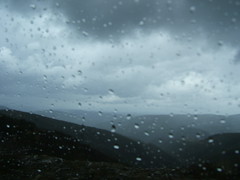- dati, predati (to surrender something)
sazukeru
授(さず)かる - be given, receive
sazukaru
授(ジュ)与(ヨ) - presentation
juyo
授
( 授 = 手 + 受 )
授 means "give and have it received". It's the side that gives. The receiving side is 受.
-----
Radical: 手
Stroke Count: 11
音: ジュ
訓: さず
-----



